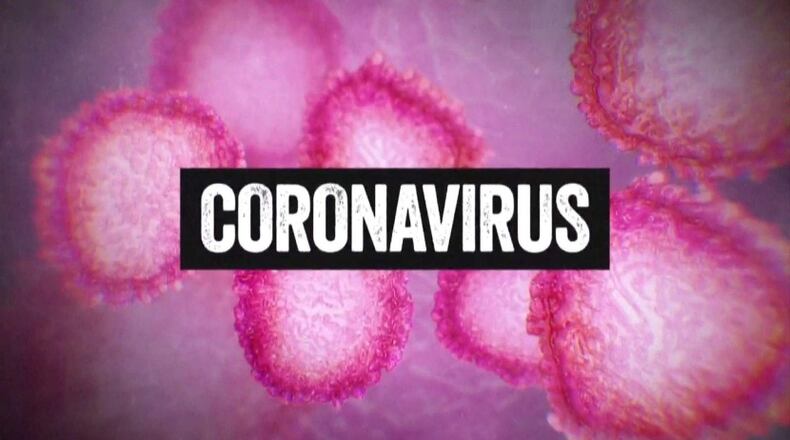Although there is great concern about possible cases, there haven’t been any confirmed cases of the disease in Ohio.
>>212 Ohioans under self-quarantine for new coronavirus; no positive tests
What has been confirmed is that 212 people who arrived in Ohio from China are under public health supervision, according to the Ohio Department of Health. These people were asked to self-quarantine for 14 days to watch for symptoms of the disease and prevent potential spread of the disease.
However, officials said that nobody is under investigation for the virus as of Friday.
The ODH also said that it would begin reporting on its website each day during the week at 2 p.m. of any know infections and people under investigation in the state beginning March 2.
2. The general public should not go out and buy a mask
Local health care experts have emphasized that the general public in the Dayton area should not go out and buy a mask.
>>Miami University students react to testing of 2 possible coronavirus cases
“There is no reason right now — and I can’t stress this enough — there is no reason right now for the general public to go out and buy masks and walk around wearing masks when they are going into common areas,” said Dr. Roberto Colon of Miami Valley Hospital.
If too many healthy people who do not need masks buy masks, it could also possibly lead to supply shortages.
The CDC doesn't recommend healthy people wear face masks, either.
On its website, it said, “ You should only wear a mask if a healthcare professional recommends it. A facemask should be used by people who have COVID-19 and are showing symptoms. This is to protect others from the risk of getting infected.”
>>Coronavirus outbreak: Do masks prevent spread of disease?
The CDC does say that masks are crucial for health care workers and people taking care of someone infected with COVID-19 in close settings.
3. Area hospitals are watching for potential COVID-19 cases
Colon also confirmed that area hospitals are asking patients about their travel history and symptoms to see if they might have the novel coronavirus.
>>Area hospitals start to screen for novel coronavirus
The doctor said that if physicians talk to a patient that has the right combination of travel history and symptoms, the hospital’s infection control department will then discuss whether the patient needs to be isolated.
“Our response in the United States right now is cautious monitoring and that’s really what we should be doing,” he had said.
4. How to help prevent the spread of COVID-19
Methods to prevent COVID-19 are generally methods you would use to avoid spreading any illness.
>>Ohio remains prepared as coronavirus spreads
Recommendations from the Ohio Department of Health include staying home if you are sick, avoiding contact with sick people, getting enough sleep, washing your hands often and thoroughly followed by drying your hands with a clean towel or air dryer, covering your mouth with a tissue or sleeve when coughing or sneezing, cleaning “high-touch” surfaces daily, calling before visiting the doctor and practicing good hygiene habits.
5. What to do if you are concerned you have COVID-19
The CDC says that you should call your health care provider if you meet two conditions. First, you feel sick with a fever, coughing or difficulty breathing. Second, you have been in close contact with someone known to have COVID-19 or you live in or recently traveled from an area with an ongoing spread of COVID-19.
Then, your health care provider will work with your state’s public health department and the CDC to determine if you need to be tested.
